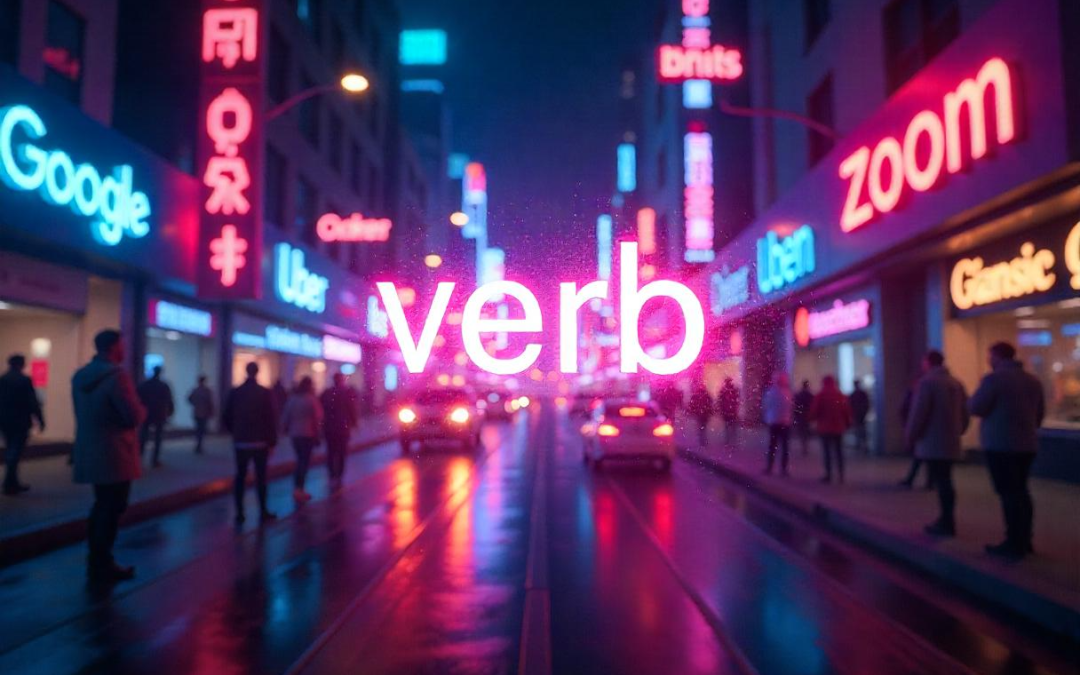Each brand hopes to be remembered, but the ultimate measure of success is when its name is used as a verb. Consider how we use “Google it” rather than “search online” or “Uber it” when we require a ride. This kind of linguistic evolution doesn’t occur overnight—it’s the product of fixing a problem so well that the brand name simply becomes a part of regular conversation.
One of the determinants of this phenomenon is to provide a solution that comes as second nature. Google did not only develop a search engine, but it also made searching easier and credible. Uber made travel so easy that hailing a cab the traditional way was hassle-prone. When a company provides an experience consistently that people do subconsciously, the name of the company begins taking over the activity itself.
Another essential factor is simplicity. Names that become verbs tend to be short, pronounceable, and memorable. People are drawn to words that glide smoothly off the tongue. But even the best name won’t cut it without mass adoption. Organic usage comes into play here—when people, influencers, and media naturally incorporate a brand’s name into their lexicon, it gets traction.
In the end, verb brands don’t sell a service or product; they redefine people doing something. When your brand becomes the default for an action, its name gains a life of its own—gaining a spot in the vernacular.
#Branding #MarketingStrategy #BrandSuccess #VerbalBranding #IconicBrands

